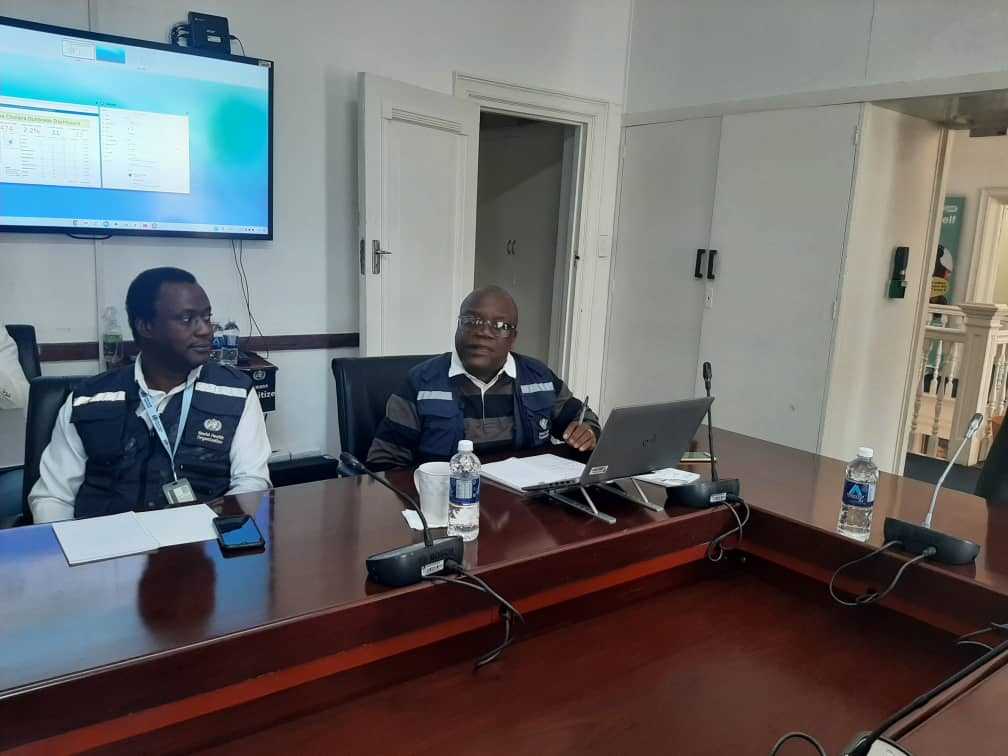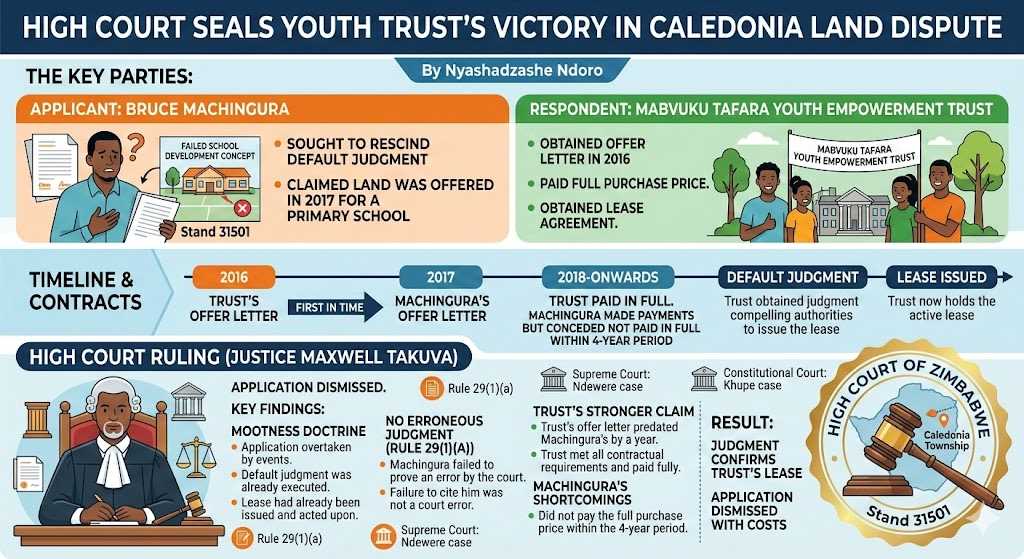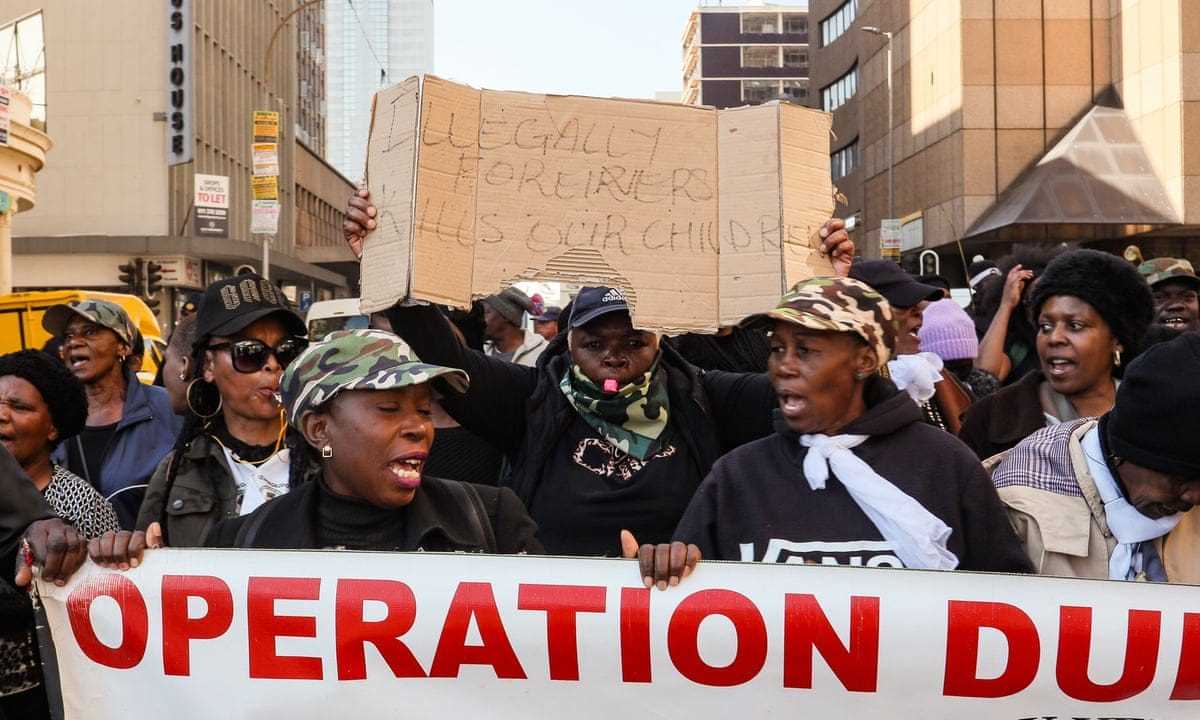
Patricia Mashiri
On May 5, 2023 the World Health Organisation declared that Covid-19 was no longer a public health emergency of international concern after it was named as one on January 30, 2020.
WHO Director-General, Dr Tedros Adhanom Ghebreyesus concurred with the advice offered by the Committee regarding the ongoing Covid-19 pandemic. He determined that Covid-19 was now an established and ongoing health issue which no longer constitutes a public health emergency of international concern.
PHEIC is a formal designation by the WHO Director-General, and, when it is declared, countries have a legal duty to respond quickly by implementing the temporary recommendations issued as part of the declaration. It is also an event which is determined to constitute a public health risk to other States through the international spread of disease and to potentially require a coordinated international response.
A PHEIC is not necessarily an infectious disease like Covid-19 it could be a radio nuclear disaster and is not necessarily a pandemic.
Speaking during a Science Café, Dr Lincoln Charimari, WHO, Zimbabwe Covid-19 Team Leader, said the declaration of Covid-19 as longer a public health emergency of international concern does not mean that it is over.
“Covid-19 is now established as an ongoing health issue and people still need to be cautious about it. As individuals, you must consider the risk and continue observing preventative measures. It also depends on the situation.
“If you are in a crowded space, put on a mask because you don’t know who you are rubbing shoulders with. If you also have a flu, put on a mask,” Dr Charimari said.
He added that journalists should play a pivotal role in educating the people about PHEIC and how people should respond to the guidelines put in place by the World Health Organization because most people think that Covid-19 era is gone.
Since the start of the Covid-19 the World health Organisation held emergency committee meetings and temporary recommendations were issued.
Dr Charimari highlighted that seven temporary recommendations were made from the 15th International Health Regulations Emergency Committee which mapped the way forward.
The seven recommendations are:
Related Stories
1. Sustain the national capacity gains and prepare for future events. Improve the country's readiness for future outbreaks. Incorporating learnings from national and sub-national After-Action Reviews. Restore health programs adversely affected by the COVID-19 pandemic.
2. Integrate Covid-19 vaccination into life course vaccination programs. Target high-priority groups and continue to actively address vaccine acceptance and demand issues with communities.
3. Bring together information from diverse respiratory pathogen surveillance data sources to allow for a comprehensive situational awareness. States Parties should maintain reporting of mortality and morbidity data as well as variant surveillance information to WHO.
4. Prepare for medical counter measures to be authorized within national regulatory frameworks to ensure long-term availability and supply. States Parties should strengthen their regulatory authorities to support long-term authorisation and use of vaccines, diagnostics, and therapeutics.
5. Continue to work with communities and their leaders to achieve strong, resilient, and inclusive risk communications and community engagement and infodemic management programmes. State Parties should adapt RCCE and infodemic management strategies and interventions to local contexts.
6. Continue to lift Covid-19 international travel related health measures, based on risk assessments, and to not require any proof of vaccination against Covid-19 as a prerequisite for international travel.
7. Continue to support research to improve vaccines that reduce transmission and have broad applicability; to understand the full spectrum, incidence and impact of post Covid-19 condition and the evolution of SARS-COV-2 in immune-compromised populations; and to develop relevant integrated care pathways. Meanwhile, countries were recommended to appropriately adapt these recommendations to local context and capacities.
Dr Charimari added that they were termed temporary recommendations because they were prone to change if the Emergency Committee finds it fit to do so.
“They just choose this word temporary not because they are temporary but because there could be another Emergency Committee tomorrow that may review those recommendations.
“They are recommendations that we need to implement,” he said.
Globally, the cumulative statistics of Covid-19, which have been reported to the World Health Organisation stands at over 765 million confirmed cases and over 6.9 million deaths.




















Leave Comments